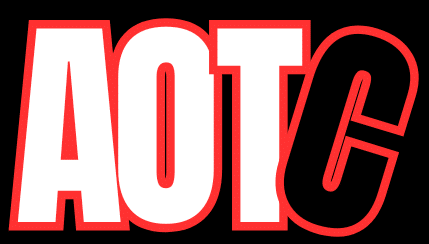The Lack of Representation for Darker-Skinned Actresses in Hollywood: A Call for Change
In a groundbreaking AI study conducted by the Geena Davis Institute on Gender in Media (GDI) in collaboration with Google Research, it was revealed that screentime for darker-skinned actresses has increased by nine percent over the past 12 years. Despite this progress, the representation of actresses of a darker hue in leading roles across various media platforms remains lacking.
While Hollywood has seen advancements in promoting diversity and inclusion with successful shows like “Insecure,” “Black-ish,” and “Atlanta,” the opportunities for actresses of a darker hue in nuanced, leading roles are still limited. Actresses under 30, in particular, face challenges in comparison to their lighter-skinned counterparts or those who identify as bi-racial.
The issue of colorism in the industry has sparked conversations both within and outside of Hollywood. Social media users have expressed frustration over the erasure of darker-skinned actresses in upcoming projects, highlighting the need for more diverse representation onscreen.
Actresses like Zendaya and Amandla Stenberg have used their platforms to address the privilege afforded to lighter-skinned actresses in the industry. They have called for a shift towards more inclusive casting practices that celebrate the beauty and talent of all Black women, regardless of skin tone.
Despite the successes of actresses like Marsai Martin, Ryan Destiny, and Lovie Simone, who have starred in hit shows, they continue to face challenges in securing leading roles in major films. The lack of opportunities for darker-skinned actresses underscores the need for greater representation and recognition in Hollywood.
As the industry grapples with issues of diversity and inclusion, it is clear that more needs to be done to ensure that all shades of beauty in the African American community are equally acknowledged and celebrated onscreen. The call for change is loud and clear, and it is time for Hollywood to take meaningful steps towards a more inclusive and representative future.
